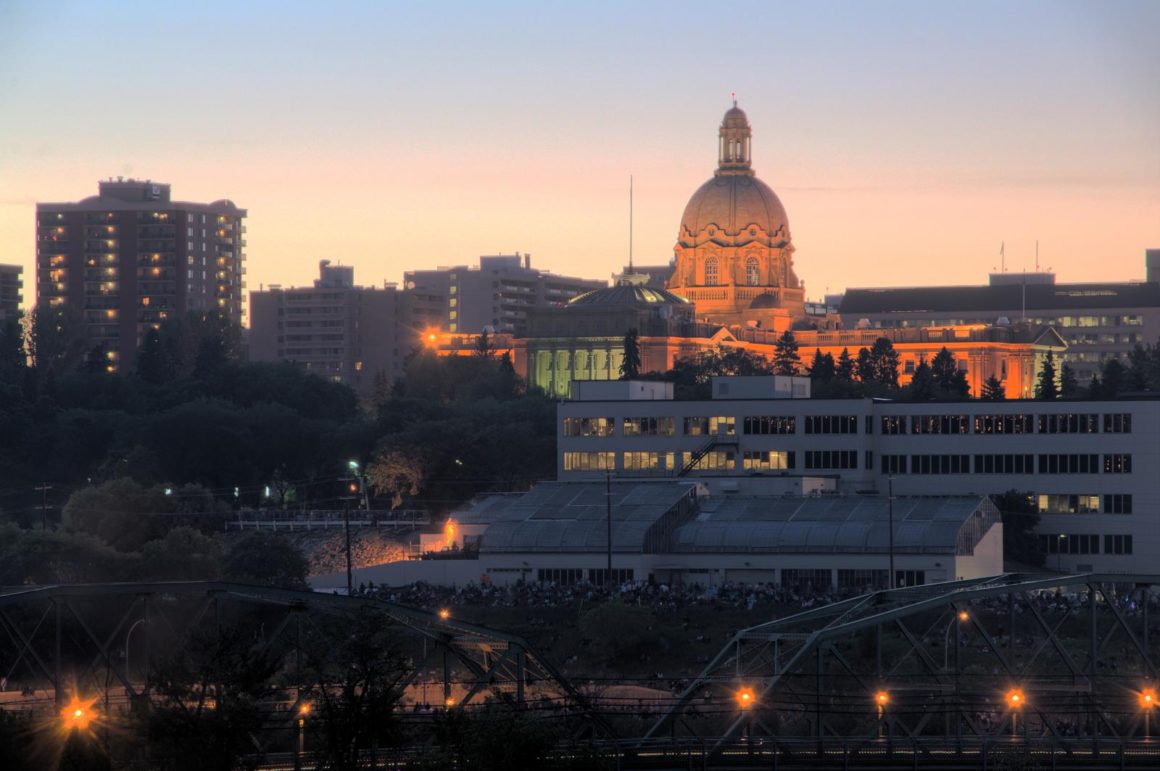
Head to head: a minimum wage hike is not the best solution for student debt
By Tina Shaygan, September 27 2016 —
The debate of a minimum wage hike to $15 per hour in Alberta has sparked strong reactions and student organizations have been asked to take a policy stance on the issue.
There is convincing research on both sides of the issue on a macro level. With studies of the impact of an increase in minimum wage on employment rates ongoing, reseach on one side is often offset by equally convincing research on the opposing side. Economist and University of Calgary professor Trevor Tombe says “the question is not at all settled — researchers studying the same data often get contradicting results.”
The government should work to alleviate poverty. But poverty is a complex problem and an increase in minimum wage is a lazy solution.
It is unclear whether increasing the minimum wage will effectively alleviate poverty. Even if unemployment rates remain unaffected, prices rise when wages rise.
“We can’t talk about minimum wage hikes without mentioning an increase in prices” says Tombe. The wage increase is offset by extra costs, allowing us to conclude spending power would not dramatically increase.
There are alternative policy options that are not as polarizing and have proven more effective. The provincial government itself admitted that even $15 per hour is not a living wage. And the rush of implementing this policy by 2018 indicates to some a lack of effective research and planning.
“Opposing a minimum wage hike isn’t to say there shouldn’t be support for government programs” says Tombe. Policies such as wage subsidies or the Alberta Child Care Benefit would be far more effective.
“Such programs actually increase employment and the increased cost is not borne by businesses,” Tombe says.
Subsidies for single parents and affordable housing can go a long way towards bringing the current wage to a living wage standard and addressing poverty as a complex problem.
It is easy to predict the effect of a minimum wage hike on individual organizations. An organization like the Students’ Union that employs hundreds of students will have to balance its budget in response to increased costs. This requires budget-saving adjustments — at least in the short term. Many students jobs can be slapped with a “leadership” title and become volunteer positions.
Another problem is receiving less student financial aid for students with part-time or summer jobs, if the program is not adjusted to factor in higher wages.
Currently, recent graduates are not required to make payments on student loans until they make $25,000 per year. It is unclear whether the program would be adjusted as a response this policy.
It is evident that the benefits to students are largely offset and students should not be in support of this policy until these problems are fully and comprehensively addressed.
SU vice-president external Tristan Bray says that while the SU has not taken a stance on this issue, they have consulted the government regarding potential problems.
Increasing government grants, maintaining the tuition freeze, tightening regulations on mandatory non-instructional fees and residence fees and expanding programs such as Summer Temporary Employment Program would go much further in addressing student debt without the consequences of a wage hike.
This article is part of a head to head. Click here to read the other side of the argument.
